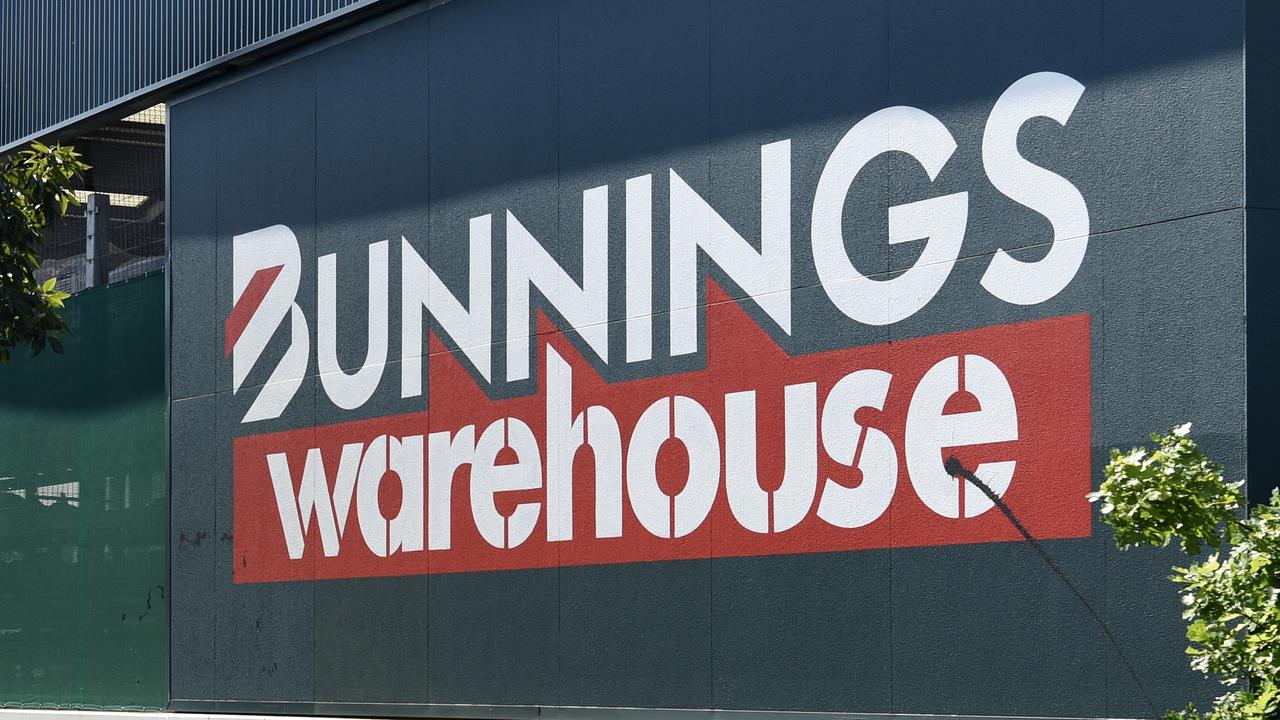‘We gave them all we could’: Retail Food Group drags failed franchisees to court over unpaid debts
A young Gold Coast family is being dragged to court after their Michel’s Patisserie franchise went out of business, in what’s being described as a “ruthless” move.
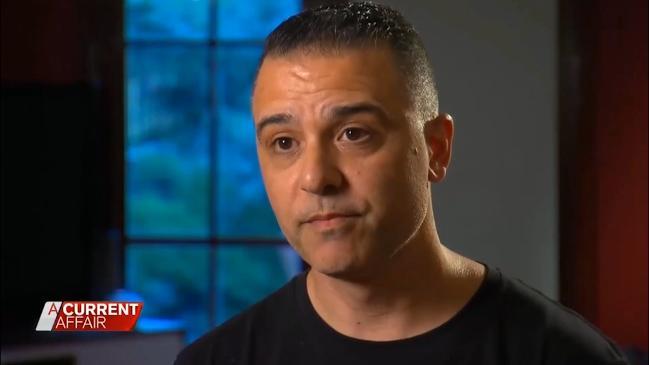
Retail
Don't miss out on the headlines from Retail. Followed categories will be added to My News.
EXCLUSIVE
A young Gold Coast family is being dragged to court by Retail Food Group over $90,000 in alleged debts in what they believe is an act of retaliation for participating in a class-action lawsuit against the scandal-plagued franchising giant.
News.com.au can reveal RFG has launched at least three such cases in the past three months despite previously vowing to put allegations of franchisee mistreatment “in the past” – and consumer advocates fear it may be the start of a wave of aggressive debt collection targeting families who have already lost life savings.
In March, RFG filed debt collection action in the Victorian County Court against a former Gloria Jean’s franchisee seeking $209,024.041 plus interest. That case is ongoing.
The same month, another case against a former Donut King franchisee filed in the Brisbane District Court in February, seeking $329,233.50 plus interest, resulted in a default judgment in favour of RFG.
And in April, former Michel’s Patisserie franchisee Young Yoh Rho was served papers in the Brisbane Magistrates Court seeking $88,549.62 plus interest.

‘Get every penny they can’
“We feel it’s unfair that we had come to the point where we couldn’t continue operating our store due to financial issues,” he told news.com.au.
“RFG always say they support their franchisees but they offered no support at all in the nine years I operated this store and are continuing to get every penny that they can out of me.”
The 40-year-old was forced to shut down his Westfield Gold Coast store in 2021 after Covid lockdowns proved the final nail in the coffin for the business.
He originally worked as a staff member at the store before taking over the franchise himself.
“When I worked there it looked like a good shop, very busy, [but] when I started operating it I found out there are too many expenses,” he said.
Sales then began to decline by “5 to 10 per cent, year by year” after RFG made a series of changes to the business model, including shifting from fresh to frozen cakes.
“When my husband took over he was doing very well,” his wife Erina said.
“At that time RFG was focused on specialty cakes. I think when they started frozen to fresh, that’s when it started going downhill. They started to change the specialty cakes, where it required more of our labour, things like that.
“Also the products, the quality was bad but expensive.”
The 32-year-old said with no customers they began to fall behind on their rent during Covid, and that despite their pleas RFG “didn’t really help us” and refused to negotiate. They paid around $80,000 before they exited, but were unable to come up with the remaining $88,000.
“Because we were falling behind we had to close the store, the business wasn’t making anything,” she said.
“We couldn’t negotiate. We gave them all that we could at that time. We kept asking them to negotiate but they rejected [us], they would only talk about making a payment plan.”
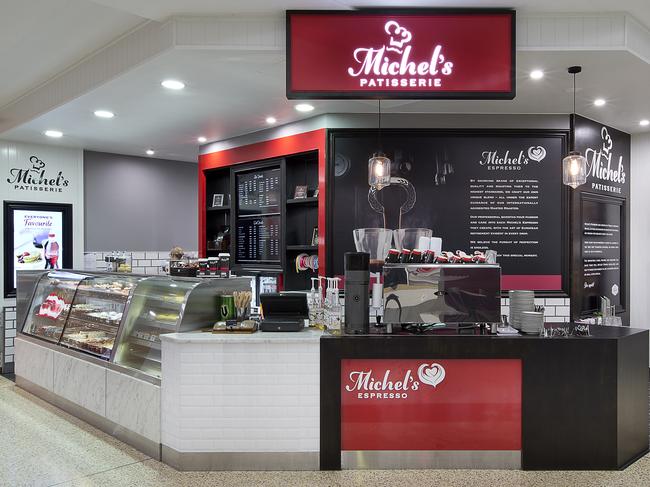
‘Targeted’ after joining class action
The couple are part of a class action, launched late last year, in which 130 current and former franchisees allege they were left financially ruined after being forced to sell “disgusting” frozen cakes.
Ms Rho said after they received a letter from RFG’s debt collectors, the law firm running the class action, Corrs Chambers Westgarth, “contacted RFG and told them, because we are part of the class action, do you mind putting that on hold?”
Shortly afterwards, they were shocked to be served with legal papers by RFG.
“It feels like when they found out we were part of the class action, that’s when we got served,” she said. “It seems like we’ve been targeted. It is very strange.”
The statement of claim says the couple are in default of their franchise agreement after failing to make a part payment of their debt.
“On November 26, 2021, the plaintiff’s representative made a written demand for payment of part of the debt in the sum of $12,650 from the defendants pursuant to the agreement and guarantee,” it reads.
“Despite the demands, [the defendants have] failed, refused and/or neglected to pay the debt pursuant to the agreement.”
Ms Rho said they are desperate to negotiate some sort of reduction.
“We will have to sell our car, maybe get advice to see what we can do to get access to our superannuation, maybe borrow money from family,” she said.
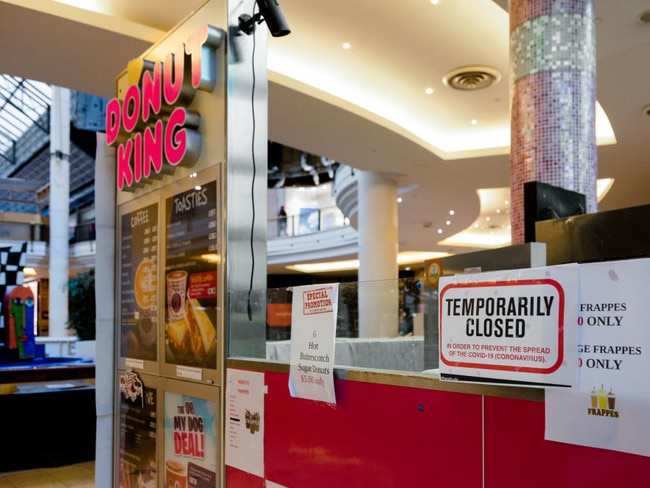
‘Why be ruthless with franchisees?’
Consumer advocate Maddison Johnstone from Franchise Redress said RFG “seems to feel entitled to continue harming people who escaped their brutal franchise model”.
“It appears there is no respite as a franchisee of RFG – they will endeavour to continue sucking you dry even when you have left them,” she said.
“RFG’s conduct was so bad that parliament called them out. They are facing regulator action from the ACCC. They have never taken responsibility for the distress caused over many years to everyday people. Instead, they think it’s justifiable to pursue some of their victims in court.”
Ms Johnstone said RFG “tells shareholders they have a franchisee first commitment”.
“Suing franchisees is an interesting and curious way of holding itself to that commitment,” she said. “If RFG has so much faith in their strategic direction and ‘successful initiatives’, why be ruthless with franchisees?
“Suing victims tells you everything you need to know – not much has changed at Retail Food Group.”
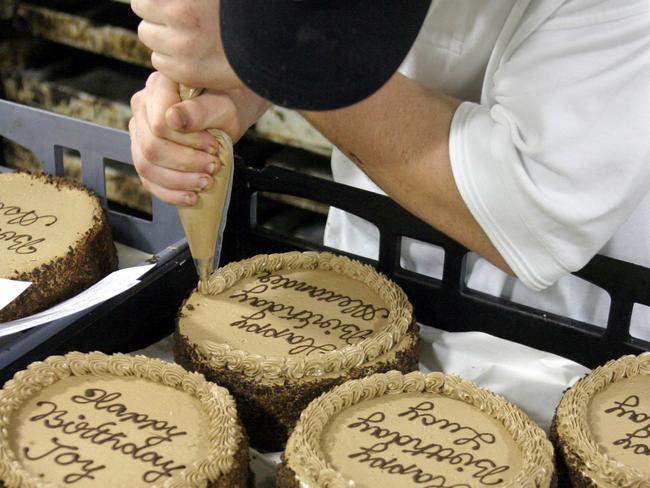
RFG defends ‘reasonable’ actions
In a statement, a spokesman for RFG defended the debt collection actions and said the company had provided “significant support and assistance” to franchisees during the pandemic.
“Consistent with any other business, and if it is to continue its successful initiatives and support measures … RFG must seek recovery of amounts legitimately owing to it by franchisees (whether they be existing or former franchisees),” he said.
“We do not consider this to be inconsistent with our franchisee first commitment.
“To the contrary, as you would appreciate, it is reasonable and necessary in the interests of RFG’s franchise network as a whole that RFG take diligent and appropriate steps as a responsible franchisor to seek recovery of sums owed by franchise partners, as those sums directly contribute towards the operation and growth of the network in the interest of all franchise partners.
“RFG acts fairly and appropriately towards franchise partners in relation to financial matters, including the recovery of payments which may be owed by them.”
He denied any debt collection was “retaliatory in nature”.
“The debt which is the subject of the court proceeding against Young arose well before the class action was even commenced,” he said.
“It remains outstanding and … has never been legitimately disputed.
“Well after our lawful and legitimate collections activity commenced in relation to that debt, the lawyers for the class action plaintiff, Corrs Chambers Westgarth, wrote to our debt collectors and asked that RFG’s collections activity be stayed indefinitely pending the determination of the class action proceeding – which, for the record, relates to claims that have nothing to do with the debt.”
He said lawyers for RFG responded and “made clear that there was and remains no proper commercial, legal or other basis for RFG to cease collections activity based on an extraneous proceeding which has nothing to do with the subject matter of the debt”.
“Young has since the date collections activity commenced … neither paid his legitimate debt or raised any proper basis to dispute the debt,” he said. “It appears that his only response has been to raise vague, inaccurate and self-serving claims with the media, in the hope this would dissuade our legitimate activities.”

$1 billion collapse since 2017
Shares in the Gold Coast-based company have been all but wiped out since allegations of mistreatment of franchisees first made headlines in late 2017, sparking a years-long regulatory, legal and reputational fallout.
RFG shares once traded at well over $7 but today are worth just 6.2 cents, a more than 99 per cent fall since their 2015 peak, and around one 14th the value of the company’s 2006 listing price of 87 cents.
At its height, the company had a market cap of more than $1 billion.
The revelations sparked a parliamentary inquiry into Australia’s franchising sector, resulting in a series of regulatory reforms including a tougher penalty regime that came into effect last month.
An entire chapter of the committee’s final report released in March 2019 was dedicated to RFG, which it said had “destroyed” the lives of franchisees and “damaged the reputation of franchising more broadly within Australia”.
In 2020, the competition watchdog launched federal court action alleging RFG had engaged in “unconscionable and misleading conduct” in dealings with franchisees.
The Australian Competition and Consumer Commission alleged RFG withheld important financial information when it sold or licensed 42 loss-making corporate stores between 2015 and 2019, and “falsely represented that these loss-making stores were viable or profitable”.
RFG is also alleged to have improperly used marketing funds, to which franchisees had contributed, to pay for non-marketing expenses – including to implement the Michel’s Patisserie fresh to frozen business model change.
The ACCC’s proceedings against RFG are ongoing, with a case management hearing scheduled on July 7.
Corrs Chambers Westgarth did not immediately respond to a request for comment.
Originally published as ‘We gave them all we could’: Retail Food Group drags failed franchisees to court over unpaid debts




